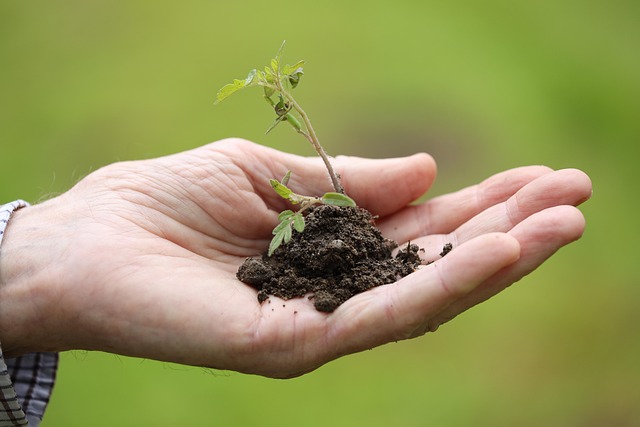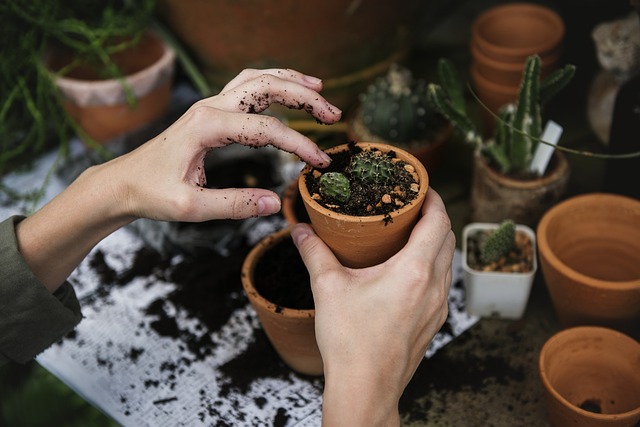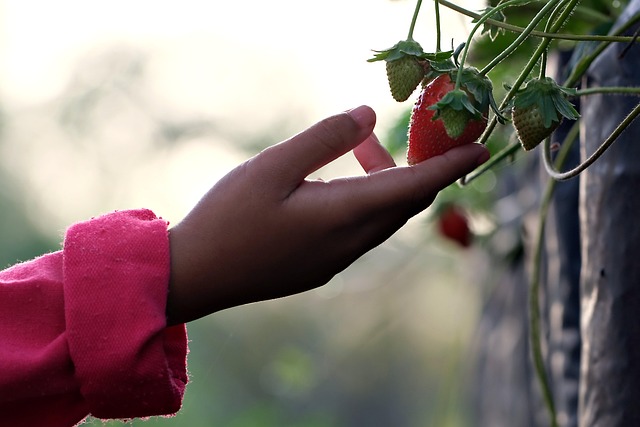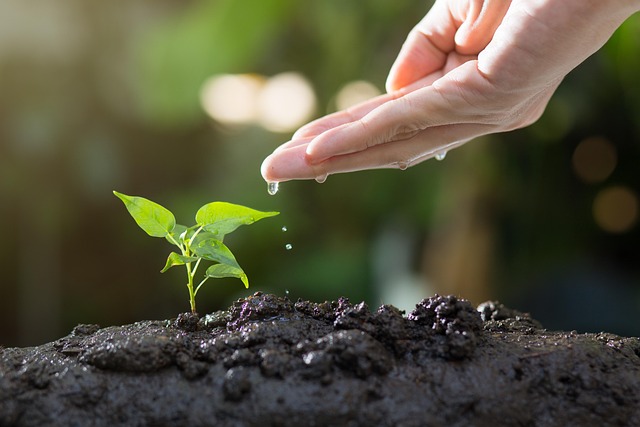Gardening for Beginners UK
Gardening for beginners UK might seem intimidating in the beginning, but with the right guidance, it quickly becomes enjoyable and rewarding. Whether you have a large garden, a small patio, or just a balcony, getting started with gardening in the UK is simpler than most people think.
The key is understanding your space and your local climate and choosing plants that thrive with minimal effort. The UK weather brings its challenges. from heavy rain to surprise frosts, but it also creates perfect conditions for many easy-to-grow plants like herbs, shrubs, and salad leaves.
This guide will guide you through everything from seasonal planting to confidently caring for your space as a beginner in the UK. No complicated jargon. No expensive tools. Just straightforward advice to help you start small, grow happily, and enjoy the process.
What’s the best way to start gardening as a beginner in the UK?
If you’re new to gardening for beginners UK, the smartest way to begin is by keeping things short, simple, and consistent. Don’t rush to fill your entire garden or buy dozens of plants. Instead, choose one small area or even a few pots.
Focusing on learning how plants respond to your local UK climate and light conditions is key to success. Begin with low-maintenance plants like marigolds, lavender, or salad leaves. These are forgiving and help you build confidence. Observe how much sunlight the area gets each day and water accordingly, not too much in the rainy season.
Remember that progress matters more than perfection. Even spending 10 minutes a day hands-on will teach you more than reading endless tips online.
Do I need to plan my garden before planting?
Yes—even basic planning makes a big difference for beginners. Start by checking how much sunlight, shade, and space you actually have. In the UK, south-facing spots usually get the most light, which many plants love. Shadier areas are perfect for ferns or mint.
If you rent or don’t have a garden, think vertically: use wall pots, shelves, or railing planters. Container gardening works almost anywhere and helps avoid digging up soil.
Sketch a simple layout or decide where your pots will go. Place together plants that require the same amount of sunlight and watering to make care easier and more effective. This prevents overwatering and saves you time.
A little planning now makes everything easier later.

What are the easiest plants to grow for new gardeners?
For those exploring gardening for beginners UK, easy-to-grow plants like hardy herbs such as basil and chives, lettuce, marigolds, and hydrangeas are excellent choices because they tolerate occasional neglect and suit the variable UK climate. Pick plants that match your space.
If you’re growing in pots, go for shallow-rooted varieties like radishes or lettuce. If you’ve got a bit of ground, try planting potatoes or runner beans—both are low-effort and rewarding.
For anyone exploring gardening for beginners UK, the trick is to start with plants that give fast, visible results. It keeps motivation high while you learn.
Can I garden without a large outdoor space?
Absolutely. You don’t need a traditional garden to enjoy growing plants. Many beginners in UK cities start with windowsills, balconies, or patios. With just some decent light and a handful of containers, you’re ready to start growing.
Use vertical space with hanging baskets or stackable planters. Grow herbs on your kitchen windowsill or place a tomato plant in a grow bag by the door. Small spaces can be surprisingly productive when used creatively.
As more people turn to gardening for beginners UK, there’s growing awareness that any space can become green with a bit of planning. Even one thriving plant can lift your space — and your mood.
What’s the ideal time of year to begin gardening in the UK?
Most people begin gardening in spring, as it’s the perfect season for planting flowers and starting seeds. March to May is ideal for vegetables like carrots, spinach, and peas. But don’t worry if you’re starting later — each season has its benefits.
In summer, you can plant salad crops and herbs. Autumn is great for bulbs and preparing for next year. Even winter offers a chance to prune, tidy, or grow hardy greens in sheltered spots.
Your local area plays a role in timing, so it’s important to consider when frosts typically occur in your region. Many people beginning gardening for beginners UK are surprised how much can be grown nearly all year round with the right approach.

How does the UK climate affect gardening for beginners?
The UK’s mild and often wet climate shapes what you can grow and how you care for your garden. Frequent rainfall means you might water less, but you also need to watch for overwatering and root rot. In colder regions, frosts can arrive early and linger longer, so knowing your local frost dates is key.
Choose weather-resilient plants like lavender, rosemary, and hardy perennials. Raised beds and containers drain better in wet conditions, which protects roots. If your space gets limited sun, look for shade-tolerant varieties.
Learning how to adapt to UK weather is a big part of succeeding in gardening for beginners UK, especially when starting out. Understanding your microclimate—whether you live in Cornwall or Cumbria—makes a huge difference.
How do I care for my garden without overcomplicating it?
Caring for your garden can be simple if you focus on just three things: water, sunlight, and soil. When caring for your garden as part of gardening for beginners UK, it’s best to water plants early in the morning or late afternoon and check the soil moisture before watering again. If it feels damp, wait.
Feed your plants with compost or a balanced fertiliser, and trim dead leaves to keep them healthy. Choose plants that need similar care so you can create a simple routine that fits your lifestyle.
Many people starting out with gardening for beginners UK feel pressure to “get it all right,” but consistency matters more than perfection. A few minutes a day go a long way in keeping your garden happy and growing.
Should I make my beginner garden wildlife-friendly?
Yes, even the smallest garden can help support local wildlife. Bees, butterflies, birds, and hedgehogs all benefit from a few thoughtful choices. Try planting nectar-rich flowers like lavender or foxglove to attract pollinators. Avoid pesticides, and leave a quiet corner with wildflowers or logs to invite friendly bugs.
A small dish of water or bird-friendly shrubs can also bring life to your garden. These touches don’t just help nature—they make your garden more vibrant and alive.
For those exploring gardening for beginners UK, supporting wildlife adds a deeper sense of purpose. It’s a rewarding way to connect your space to the world beyond it.
Which gardening mistakes do beginners in the UK often make?
One of the most common mistakes is overwatering. Because of the UK’s frequent rain, many new gardeners don’t realize how little extra water plants sometimes need. Other typical beginner errors include
- Planting in the wrong location—sun-loving plants won’t thrive in shade.
- Skipping soil preparation—heavy UK soil needs compost for better drainage.
- Overcrowding plants—not leaving space between plants—causes competition.
- Ignoring plant labels—missing care instructions leads to poor growth.
- Watering at the wrong time—Avoid midday watering to prevent evaporation.
Most people starting gardening for beginners UK will make one or two of these mistakes—and that’s completely fine. For anyone getting into gardening for beginners UK, hands-on experience is the best way to learn and grow.

Can I grow food easily as a beginner?
For those starting out with gardening for beginners UK, growing food at home can be incredibly fulfilling. Many beginners start with easy crops like salad leaves, herbs, cherry tomatoes, or strawberries. These grow well in containers, raised beds, or even hanging baskets.
Focus on crops that grow quickly and don’t need much fuss. Herbs like parsley, mint, and chives are perfect for UK kitchens and thrive in pots with minimal care.
As interest in gardening for beginners UK continues to rise, more people are discovering the joy of harvesting their own food. It’s cost-effective, fun, and encourages healthier eating — all from your own space.
What mental health benefits does gardening offer, especially for beginners in the UK?
Spending time in the garden can naturally ease stress, lift your mood, and help you feel more connected and calm. Even light activities like watering, planting, or pruning can help reduce anxiety and bring calm after a busy day. It’s also a gentle form of physical exercise and a break from screens.
Spending time outdoors boosts vitamin D, and watching something grow — even from seed — provides a sense of progress and achievement.
For many exploring gardening for beginners UK, it’s not just about plants. It’s about creating a personal space to breathe, reflect, and reconnect with nature — even if that space is just a windowsill.
Final Beginner Gardening Tips to Remember
Start small. It doesn’t matter if you start with a single pot or a small raised bed; take it one step at a time without feeling overwhelmed. Stick with easy plants, and focus on building a habit, not a perfect garden.
Observe your space daily, note where sunlight hits, and check soil moisture before watering. Learn as you go and enjoy the quiet, steady progress that gardening brings.
Those new to gardening for beginners UK often find the real joy lies in the journey—the small wins, the fresh air, and the moments spent nurturing something that grows with care.




